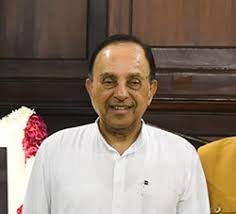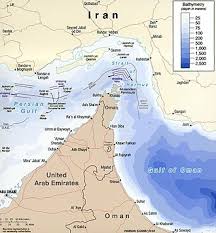Subramanian Swamy: A Force in Indian Politics

Introduction
Subramanian Swamy is a prominent figure in Indian politics, known for his diverse roles as an economist, politician, and legal expert. His contributions have significantly influenced India’s economic policies and political landscape. This article examines Swamy’s journey, highlighting key events and decisions that shaped his political career.
Early Life and Education
Born on September 15, 1939, in Adyar, Chennai, Swamy completed his undergraduate degree at St. Stephen’s College, Delhi, before pursuing higher studies at Harvard University. His academic background in economics and mathematics fortified him with a unique perspective on India’s development issues.
Political Career
Swamy’s political career began in the 1970s when he entered the Janata Party and quickly gained prominence due to his fervent opposition to the Emergency imposed by then Prime Minister Indira Gandhi. He has served as the Member of Parliament multiple times and has held various significant portfolios, including the Cabinet Minister of Commerce.
Throughout his career, Swamy has been vocal about economic reforms, advocating for liberalization, deregulation, and privatization. His initiatives during the 1980s and 1990s, particularly regarding economic policy, are considered foundational to the era of reform that transformed India’s economy.
Controversies and Criticisms
Swamy’s political journey has not been without controversies. He has often garnered media attention for his outspoken criticism of rivals, including his well-publicized conflicts with former Prime Minister Rajiv Gandhi and more recently with leaders from the Congress Party. His advocacy for Hindutva and nationalism similarly sparked debates about his political ideology.
Recent Developments
In recent years, Swamy has continued to push for economic reforms and transparency in government dealings, often sharing his views through social media and public platforms. His engagements around the political narrative and ongoing discussions on economic policies emphasize his sustained relevance in contemporary politics.
Conclusion
Subramanian Swamy remains a significant figure in Indian politics, with a blend of economic acumen and political bravado. As India continues to evolve in its socio-economic landscape, Swamy’s perspectives on critical issues will undoubtedly continue to influence policy and public discourse. Readers would do well to keep an eye on his continuing role in shaping the future of Indian politics.









